
Until the end of the 19th century, the history of Burkina Faso was dominated by the empire-building Mossi. The French arrived and claimed the area in 1896, but Mossi resistance ended only with the capture of their capital Ouagadougou in 1901. The colony of Upper Volta was established in 1919, but it was dismembered and reconstituted several times until the present borders were recognized in 1947.
The French administered the area indirectly through Mossi authorities until independence was achieved on August 5, 1960. The first President, Maurice Yameogo, amended the constitution soon after taking office to ban opposition political parties. His government lasted until 1966, when the first of several military coups placed Lt. Col. Sangoule Lamizana at the head of a government of senior army officers. Lamizana remained in power throughout the 1970s, as President of military and then elected governments.
With the support of unions and civil groups, Col. Saye Zerbo overthrew President Lamizana in 1980. Colonel Zerbo also encountered resistance from trade unions and was overthrown two years later by Maj. Dr. Jean-Baptiste Ouedraogo and the Council of Popular Salvation (CSP). Factional infighting developed between moderates in the CSP and radicals led by Capt. Thomas Sankara, who was appointed Prime Minister in January 1983, but was subsequently arrested. Efforts to bring about his release, directed by Capt. Blaise Compaore, resulted in yet another military coup d'etat, led by Sankara and Compaore on August 4, 1983.
Sankara established the National Revolutionary Committee with himself as President and vowed to "mobilize the masses." But the committee's membership remained secret and was dominated by Marxist-Leninist military officers. In 1984, Upper Volta changed its name to Burkina Faso, meaning "the country of honorable people." But many of the strict security and austerity measures taken by Sankara provoked resistance. Despite his initial popularity and personal charisma, Sankara was assassinated in a coup which brought Capt. Blaise Compaore to power in October 1987.
Compaore pledged to pursue the goals of the revolution but to "rectify" Sankara's "deviations" from the original aims. In fact, Compaore reversed most of Sankara's policies and combined the leftist party he headed with more centrist parties after the 1989 arrest and execution of two colonels who had supported Compaore and governed with him up to that point.
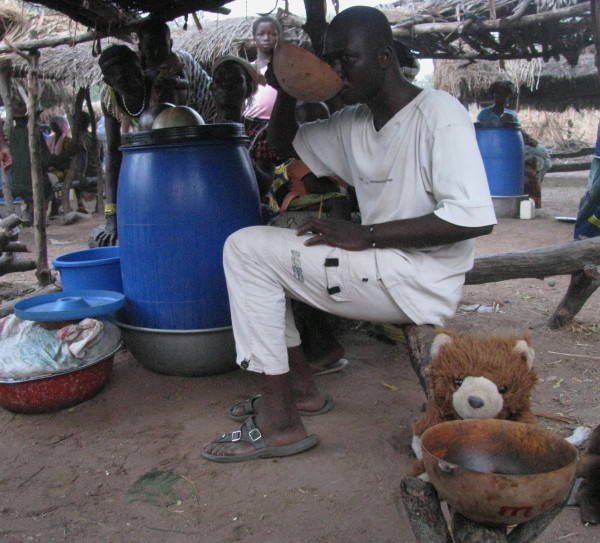

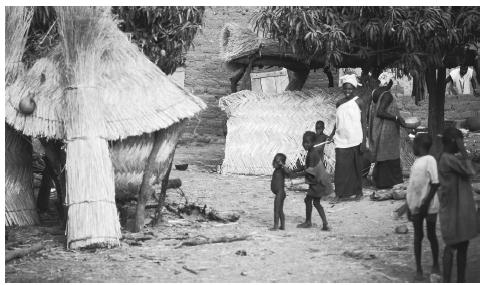


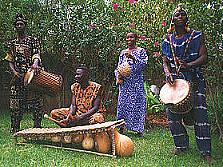

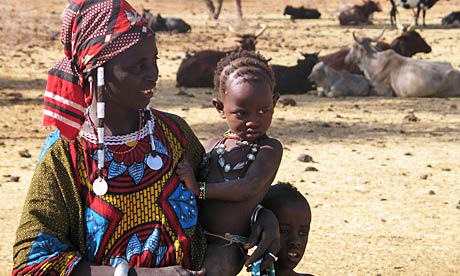

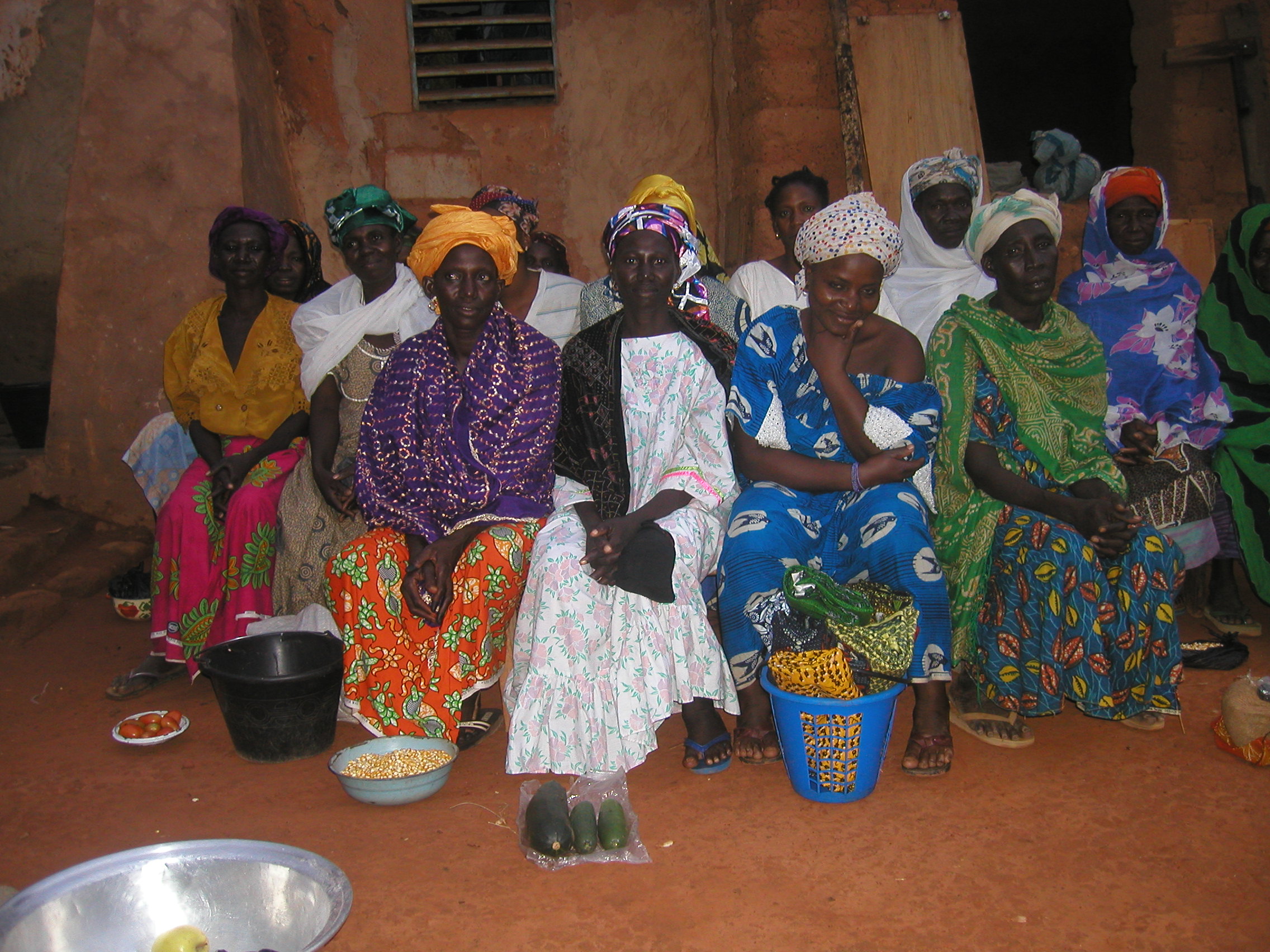













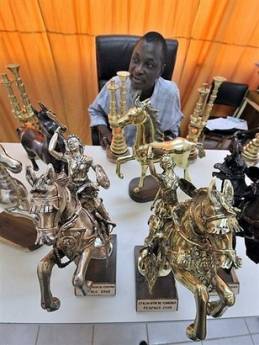






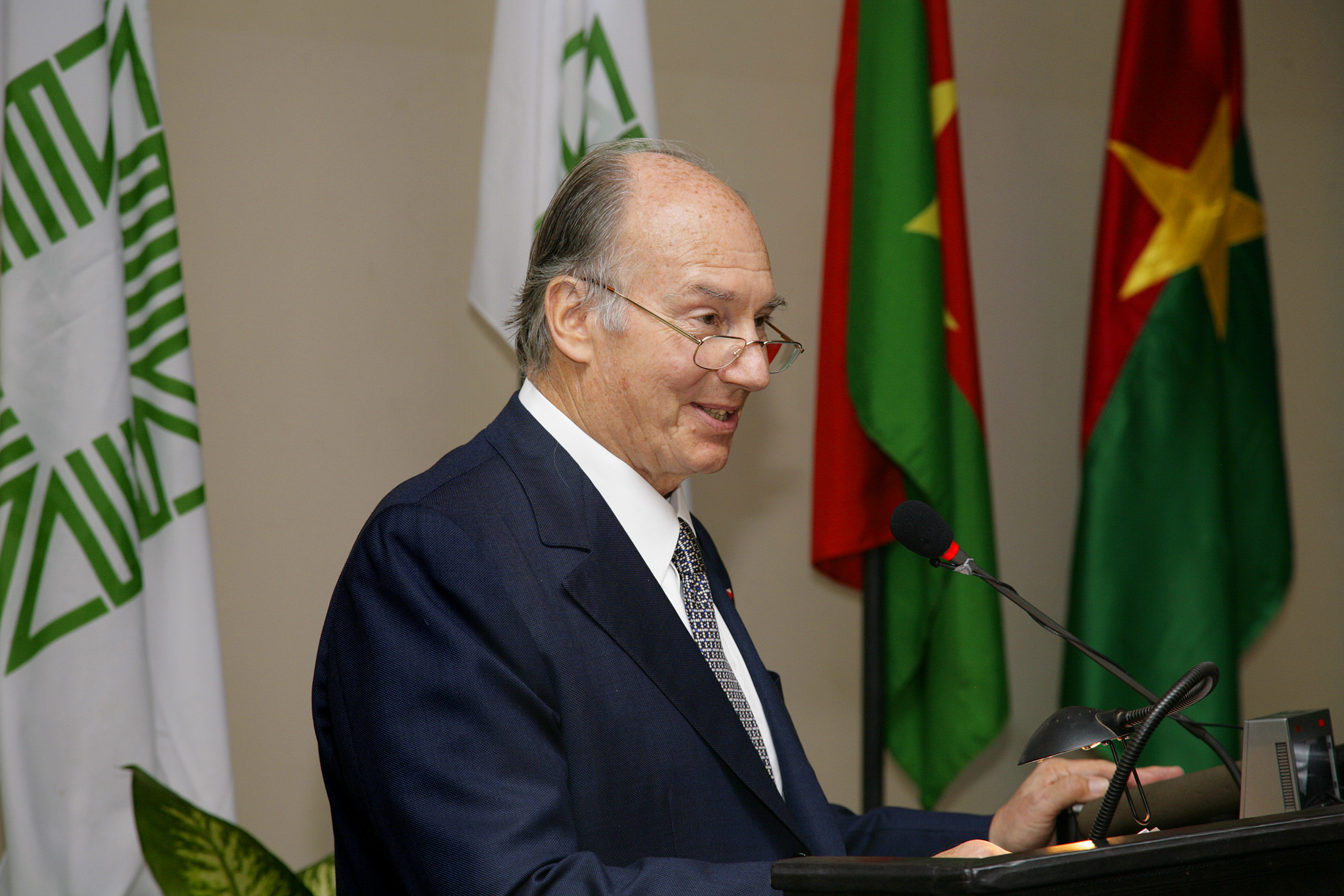
























No comments:
Post a Comment